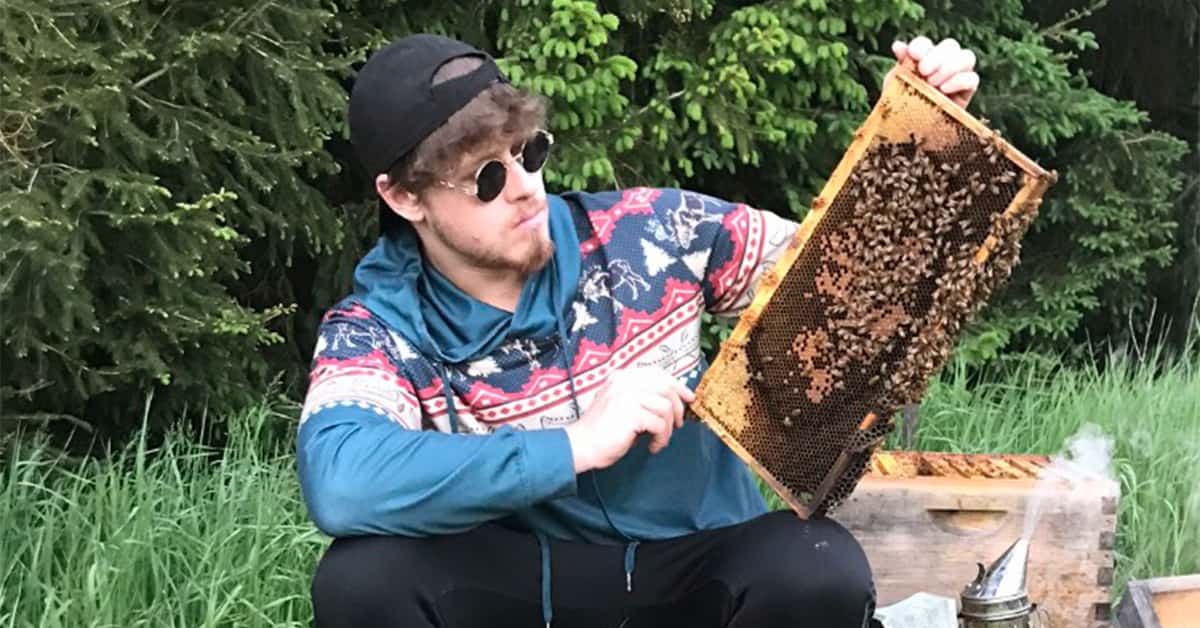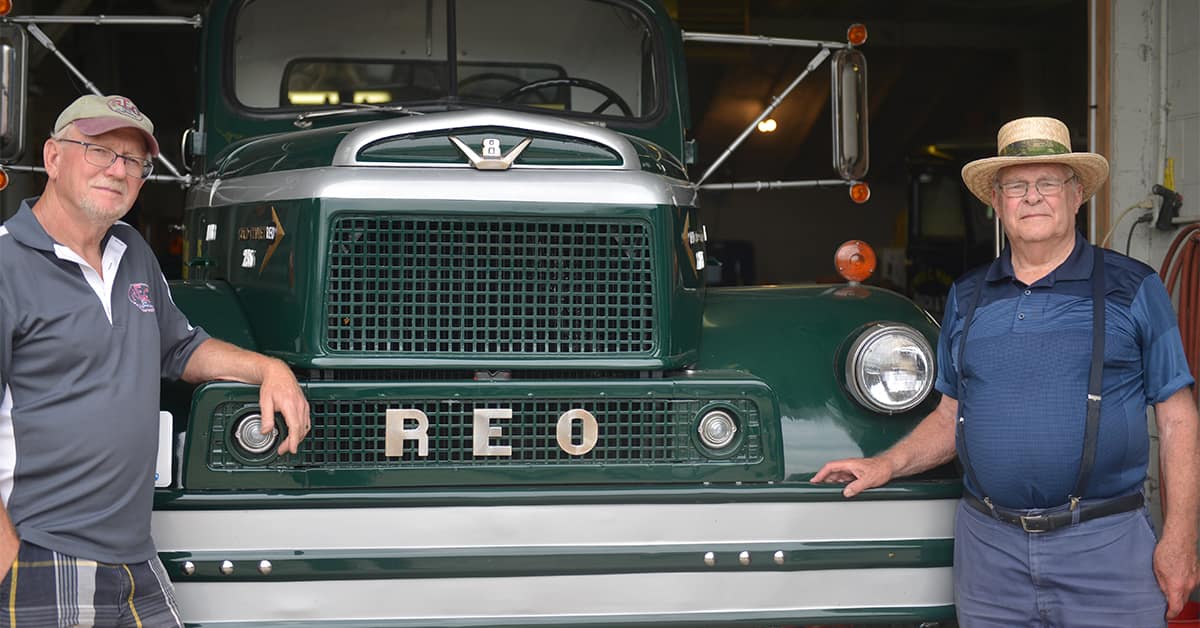To Mason McCormick, the opportunity to be the associate ambassador for the Wellesley Fall Fair was a chance to step outside of his comfort zone.
“I love talking to people but I wasn’t really talking in the public eye or talking in big crowds of people. So, I just thought that I’m going to give this an opportunity and step out of my comfort zone and try something new,” McCormick said.
A fair ambassador is chosen after a competition that sees candidates prepare an “about me” presentation and give a speech on a topic related to the theme. The 2021 theme was community unity.
“I picked farming just because I live on a farm and my family has a produce store. My whole life, everything I do is on a farm and so I had a great time doing it,” McCormick said.
Ultimately the ambassador position was given to the only other competitor, Avery Flynn. McCormick was named an associate ambassador to represent the fair. Despite event cancellations and modifications due to the pandemic, McCormick was still able to represent people in the community.
“We went around the town to a few different little shops and small businesses to try to get people to support local. I really vouch for it, supporting local small farms, small businesses just trying to be a great community and support each other,” he explained.
McCormick also came to realize the behind-the-scenes effort it takes to put on the fair.
“It takes a lot of people for the community to help out with a fair. Most people just go to the fair and enjoy the day and that’s about it, but it’s a lot of work. You got the people helping out with the ambassador program. And the judges for the vegetables and all the different categories. I didn’t realize how much of the community has to help and pull all together to have a fair and put stuff on for the community,” he said.
Beyond his time as the associate ambassador, McCormick is also a beekeeper on his family’s farm, a pursuit he took up about five years ago under a provincial government grant.
“I chose beekeeping because they’re endangered, there’s not so many and they needed help. I thought ‘this will be a cool hobby to take up and start off.’”
After starting with two hives in first year, McCormick has five now. The bees have made an impact on his family’s farm, he said.
“It’s a great pollination source for our farm. We grow sweet corn, pumpkins and squash and I’ve noticed that we are tremendously more productive just because of the numerous hives I have on our farm,” McCormick said.
It has been a learning experience, he notes.
“Learning how to select hives or, figuring you have to find the queen and making sure she’s laying eggs, there’s larvae and brood in the hive. I enjoy doing it because it helps the environment. It’s a cool thing to do and have.”
Despite the risk of working with bees – McCormick was once stung 27 times in a single day – he has no fear in the work.
“I’ll wear white gloves and a bee cap, but I don’t really wear the full suit. I just have it over my head, mostly, but I’m so used to it that a bee sting is like a mosquito bite now. I just kind of brush it off,” McCormick added.
It is cool to see how the hives work, he enthuses.
“It’s kind of crazy how an insect can be that smart to harvest honey and make it and then keep that honey for the winter time for them to survive,” he added.
While McCormick would like to turn beekeeping into his career, there are challenges in doing so. According to the Ontario Beekeepers’ Association, commercial beekeepers lost 43.2 per cent of their bees on average last winter, while small-scale beekeepers lost an average of 53.2 per cent.
“I’m going to keep doing it forever, for sure. It’s just hard because of the rough winters we have. I would love for it to take off, but it’s just an expensive hobby. That’s one thing about it, all the hives and tools and everything and just the bees – if your bees died you’ve got to buy new ones – it’s just an expensive thing, but I would love for it to take off and do it full time if I could.”









